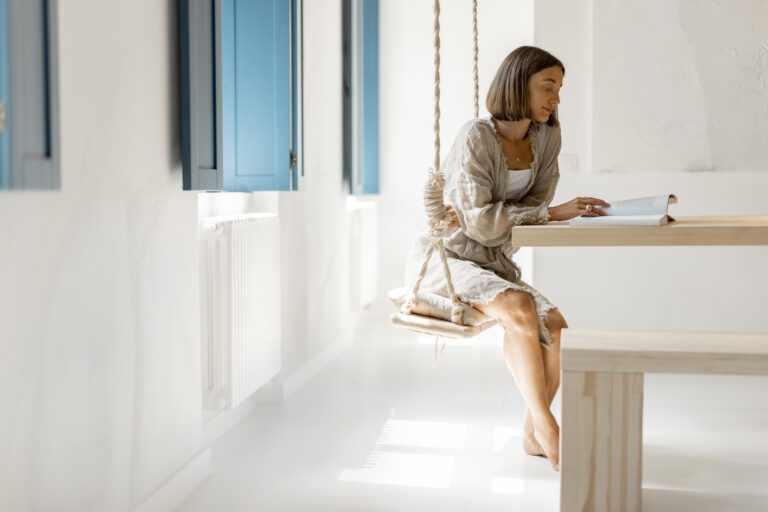Minimalism is not just a trend but a lifestyle philosophy that focuses on freeing yourself from excess and keeping only what is truly necessary. This practice can have significant benefits for both physical and mental health by offering a cleaner, more organized space and a more mindful way of living.
Here’s how to start integrating minimalism into your daily life:
1. Free Yourself from Excess
Begin by evaluating the items in your home and determining which ones are unnecessary. This may include old clothes, unused appliances, books you’ll never read, and other objects that just take up space. You can start with small steps, such as going through your closet or focusing on your kitchen cabinets.
2. Mindful Shopping
Turn shopping into a conscious process where you only buy things that will truly add value to your life. This doesn’t mean you should avoid all pleasures, but it is important to make smart choices and avoid impulse buys that will only create more clutter.
3. Organizing Your Space
Arrange your home and workspace to be minimalist and functional. Removing unnecessary items can help you focus on what’s truly important and create a sense of peace and order. Using organizers and storing items in a way that doesn’t overcrowd the space is also part of this process.
4. Emotional Minimalism
Minimalism isn’t only about physical possessions. Letting go of excess emotional baggage is just as important. This could include releasing toxic relationships, letting go of old grudges, or reducing stress and anxiety through meditation and reflection.
5. Enjoying Simplicity
Minimalism allows you to enjoy simplicity in life. By reducing distractions, you can focus on the more important and meaningful aspects of life, such as spending quality time with loved ones, personal growth, and achieving inner peace.
Adopting minimalism in daily life can lead to greater clarity, focus, and peace of mind. By removing unnecessary possessions and embracing mindful living, you can create more space for what truly matters—enhancing both your physical and emotional well-being.
